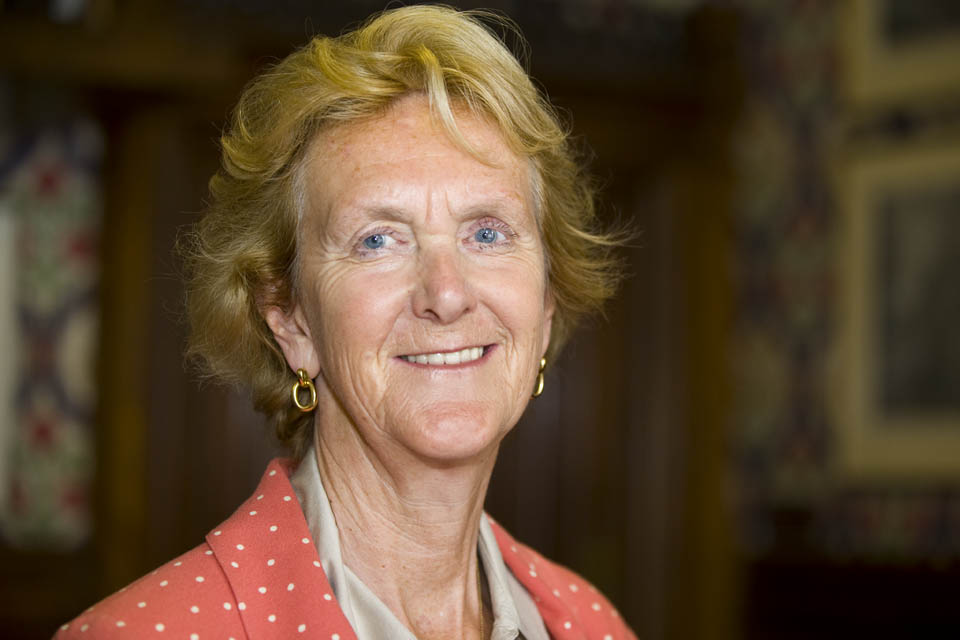Government accountability and transparency: written ministerial statement
Baroness Chisholm laid a written ministerial statement in Parliament on government accountability and transparency.

Accountability and transparency is at the heart of our approach to government, ensuring that Whitehall’s elected representatives and senior officials uphold the highest standards in public life through transparency and democratic scrutiny.
Ministerial accountability
It is customary for the Prime Minister to publish a revised Ministerial Code when they have taken office.
An updated version today incorporates amendments on strengthening pre-release access rules for statistical releases and removing the provisions on extended ministerial offices.
It also appends and incorporates the Business Appointment Rules, which apply for 2 years after leaving ministerial office.
Under the terms of the Ministerial Code, ministers must ensure that no conflict arises, or could reasonably be perceived to arise between their Ministerial position and their private interests, financial or otherwise.
An updated list of Ministers’ Interests captures those interests relevant to ministers’ responsibilities; it should be read alongside the two Parliamentary Registers.
The Prime Minister has also agreed the continued appointment of Sir Alex Allan as her independent adviser on Ministers’ Interests and we are today publishing his update report on the handling of Ministers’ Interests.
Special Adviser transparency
Special advisers protect the integrity and impartiality of the Civil Service by clearly separating out the provision of political advice to Ministers.
The Cabinet Office is today publishing the annual list of special advisers and their cost.
The number of special advisers has fallen for a second year and the projected annual bill for the year ahead is £7.9 million, down from £9.2 million in each of the last 2 reporting periods.
Special advisers are temporary civil servants. They represent 0.07% of the Civil Service pay bill. There are 83 special advisers across the whole of government; the total Civil Service has 420,000 civil servants.
As indicated above, the Extended Ministerial Office regime allowed for additional appointments to support ministers, these provisions have now ended. We believe that the long-standing arrangements of ministerial support through Civil Service private offices and special advisers provide the right balance.
A revised version of the Special Advisers’ Code of Conduct and Model Contract which incorporates technical changes and reflects changes to the Ministerial Code have also been published.
The government is also publishing today the transparency returns on senior public sector pay.
Copies of the associated documents are being placed in the Library of the House and will be published on gov.uk.
Updates to this page
-
Added links to the new ministerial code and list of special advisors.
-
First published.